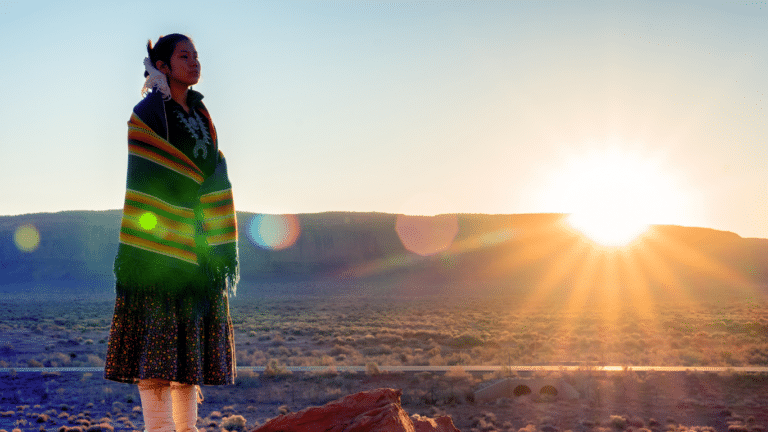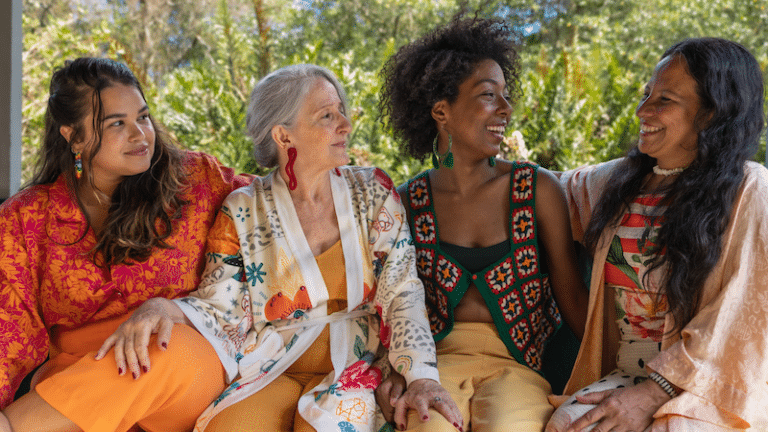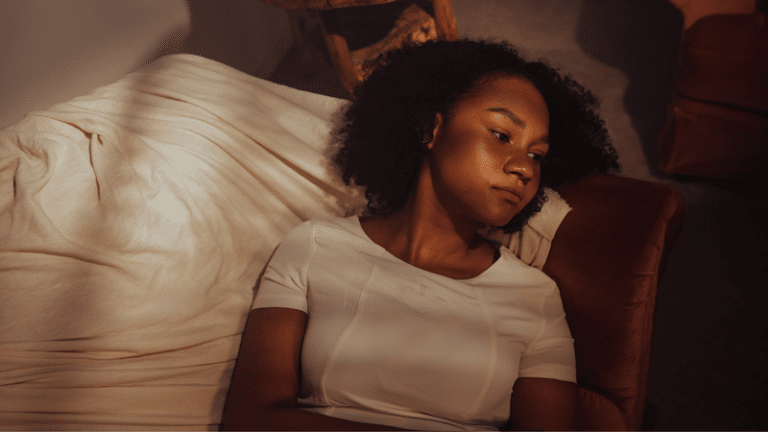Indigenous Survivors
Community
Historically, sexual violence in Indigenous communities was rare. Their cultural values center and respect women and children. Native communities were seen as violent acts that were punished severely. Sexual violence against Indigenous women has been used throughout history as a tool of colonial violence and conquest. Today, Indigenous women in the U.S. experience sexual violence at greater levels than any other population. Children and youth are also significantly impacted by sexual violence. The Department of Justice reports that Indigenous youth are twice as likely to be forced into sex than White youth.
From the forced removal of Indigenous children through residential schools, to over-policing and disproportionate incarceration rates, law enforcement institutions have often been experienced as enforcers of harm rather than protectors. Tribal sovereignty allows reservations to prosecute crimes that happen on tribal land. However, their police systems are often underfunded and certain crimes still fall under the jurisdiction of the federal government, such as some cases of sexual violence. This context contributes to deep mistrust of the legal system, making it less likely for Indigenous victim-survivors of sexual violence to report their experiences.
Indigenous survivors face unique and compounding barriers to reporting, shaped by the intersectionality of race, gender, and colonialism. The experiences of Indigenous survivors are often silenced, leaving many without access to medical care, justice, support services, and healing. Indigenous survivors of sexual violence face challenges as all populations do, but there are cultural considerations when supporting them. Cultural competence surrounding Indigenous communities allows for survivors of sexual violence to feel better understood and less alone.
Survivors.org Community
As is the case with other marginalized populations, many sexual violence organizations do not have staff or materials that consider the experience of an Indigenous survivor. Finding shared spaces with other Indigenous survivors can mean the difference between feeling supported and feeling overlooked. In creating this space for Indigenous survivors to cultivate connection, we hope to dismantle stereotypes and foster true community.
Related
There Are Resources Available

StrongHearts Native Helpline
We exist to restore power to Native Americans impacted by domestic and sexual violence by weaving together a braid of safety, sovereignty and support.
Helpline: 1-844-7NATIVE (762-8483)

National Indigenous Women’s Resource Center
Providing national leadership to end violence against American Indian, Alaska Native and Native Hawaiian women and communities by lifting up the collective voices of grassroots advocates and offering culturally grounded resources, technical assistance and training, and policy development to strengthen Tribal sovereignty.

The Alaska Native Women’s Resource Center
The Alaska Native Women’s Resource Center (AKNWRC) is dedicated to strengthening local, tribal government’s responses through community organizing efforts advocating for the safety of women and children in their communities and homes, especially against domestic and sexual abuse and violence.
Join Our BIPOC Healing Circle
Survivor Support, Directly to Your Inbox.
Stay in the loop on new survivor support resources and programs with our monthly Survivor Support Newsletter.
Community Forum
- This forum is empty.
- Oh, bother! No topics were found here.
- You must be logged in to create new topics.




